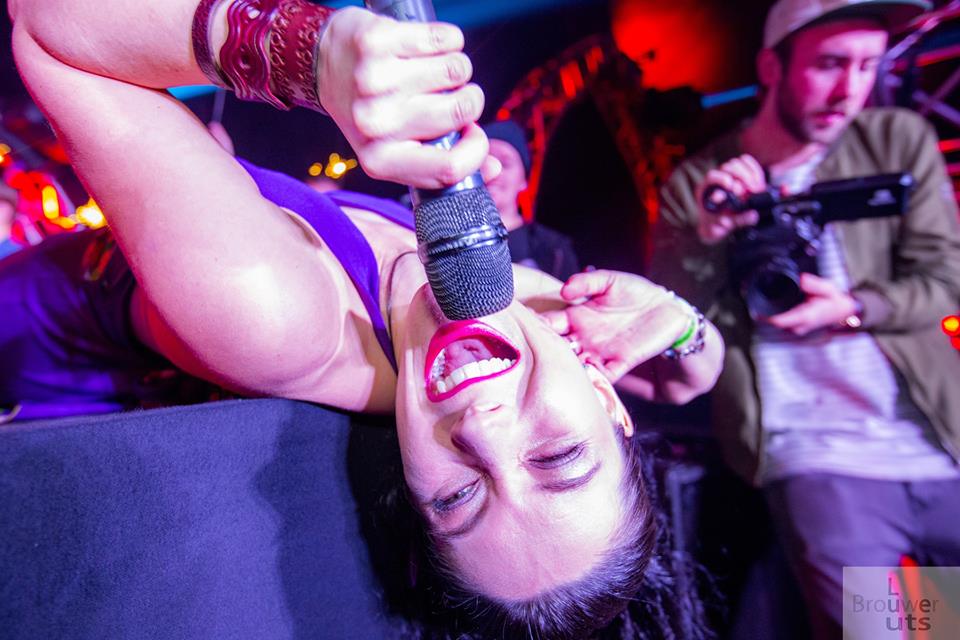Regulate Overexcitability to Empower Your Voice – Part I: Emotions
Voice coach Laura Stavinoha shares some methods for keeping your emotions from subtly seeping out through your voice.

Voice coach Laura Stavinoha shares some methods for keeping your emotions from subtly seeping out through your voice.

Chaos around her and intensity within her led the teenage Lotte van Lith to an eating disorder. Now, having recovered and reintegrated, she helps gifted people express their intensity with self-compassion—and let loose their incredible creativity in the process.

Voice coach Laura Stavinoha can hear your overexcitability in your voice—and she can tell whether it’s empowering you or leaving you vulnerable.

Krystyna Laycraft tells the story of founding a school in Poland after the collapse of Communism, showcasing the role of individual choices within meaningful relationships.

Emotion fuels our decisions; our decisions, in turn, mark the points in our lives that put us on the higher path. So argues Krystyna Laycraft as she reflects on her own inner psychic transformation while deciding to return to Poland after the fall of Communism.

If we’re going to experience “positive disintegration,” does that mean we’re required to be miserable? Dr. Kelly Pryde, a neuropsychologist and coach, suggests mindfulness as a way to balance constructive suffering and damaging breakdown in intense people.

From her earliest days as an intense, gifted girl, Benita Jeanelle spent her life trying to be who she was expected to be, and to achieve what she was supposed to achieve—until it caused her very personality to fragment.

Krystyna C. Laycraft brings her training in physics and psychology together to show how chaos theory and the theory of positive disintegration are essentially talking about the same process.